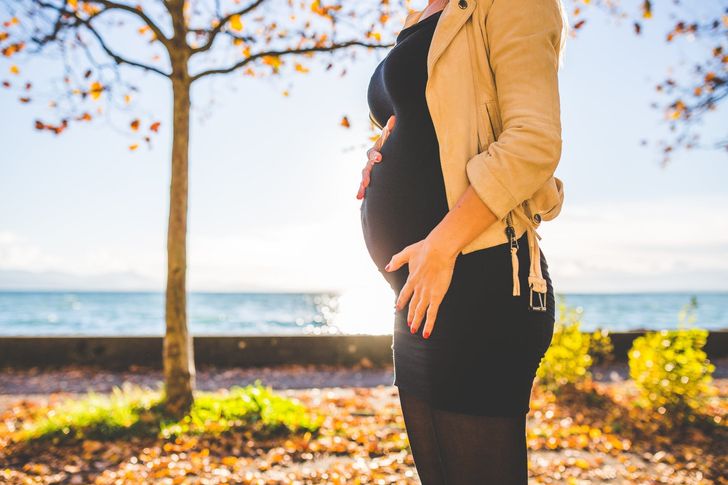Last month, the Trump administration implemented a new rule that would potentially limit the immigration and travel of pregnant women entering the United States. Under this rule, officials may deny visas to a pregnant woman if they suspect that she intends to give birth in the United States.
This new travel restriction is an effort by Donald Trump to prevent "birth tourism," in which immigrant women give birth in the United States so that their children become U.S. citizens. Trump previously sought to target and end birthright citizenship, which grants citizenship to all babies born in the United States under the 14th Amendment. After facing strong opposition against his views on birthright citizenship, Trump has now turned to restricting the entry of pregnant women into the United States.
With this rule, pregnant women looking to travel to the United States must be able to prove to a consular official that they either do not intend to give birth in the United States or that they have a medical reason for doing so. Many critics of the rule have taken issue with how consular officials, who have no medical training, would be able to determine what qualifies as a legitimate medical reason. Furthermore, it is unclear how these officials will be able to tell if a woman is pregnant in the case of an earlier pregnancy. Some have questioned whether officials might simply assume that a woman is pregnant: women of color may especially be at risk in this regard. The lack of clarity in these aspects of this new rule have been a cause for concern for many who oppose the restriction.
Many have also argued that birth tourism is not actually a major problem, considering that the number of babies born to women with visitor visas is only in the thousands compared to the millions of babies born per year in the United States and the millions of visitor visas issues per year. Birth tourism may not be as common as Trump makes it out to be: the practice is most common among the wealthy, meaning it is not widespread among all women traveling to the United States. Birth tourism is also most common among women from Russia, China, and Nigeria, raising concerns that specific women will be targeted by consular officials, especially women of color.
Overall, the new travel restriction implemented by the Trump administration has faced opposition due to its potential to discriminate against pregnant women, as well as disproportionately affect women of color. The Trump administration's aversion to allowing immigrant babies to become U.S. citizens raises the question of how immigrant children are viewed and if these measures against birth tourism imply that immigrant children are somehow "inferior." Ultimately, this new rule has caused concerns about the treatment of immigrant women and potential discrimination of pregnant women.






 The minimum wage is not a living wage.
StableDiffusion
The minimum wage is not a living wage.
StableDiffusion
 influential nations
StableDiffusion
influential nations
StableDiffusion







